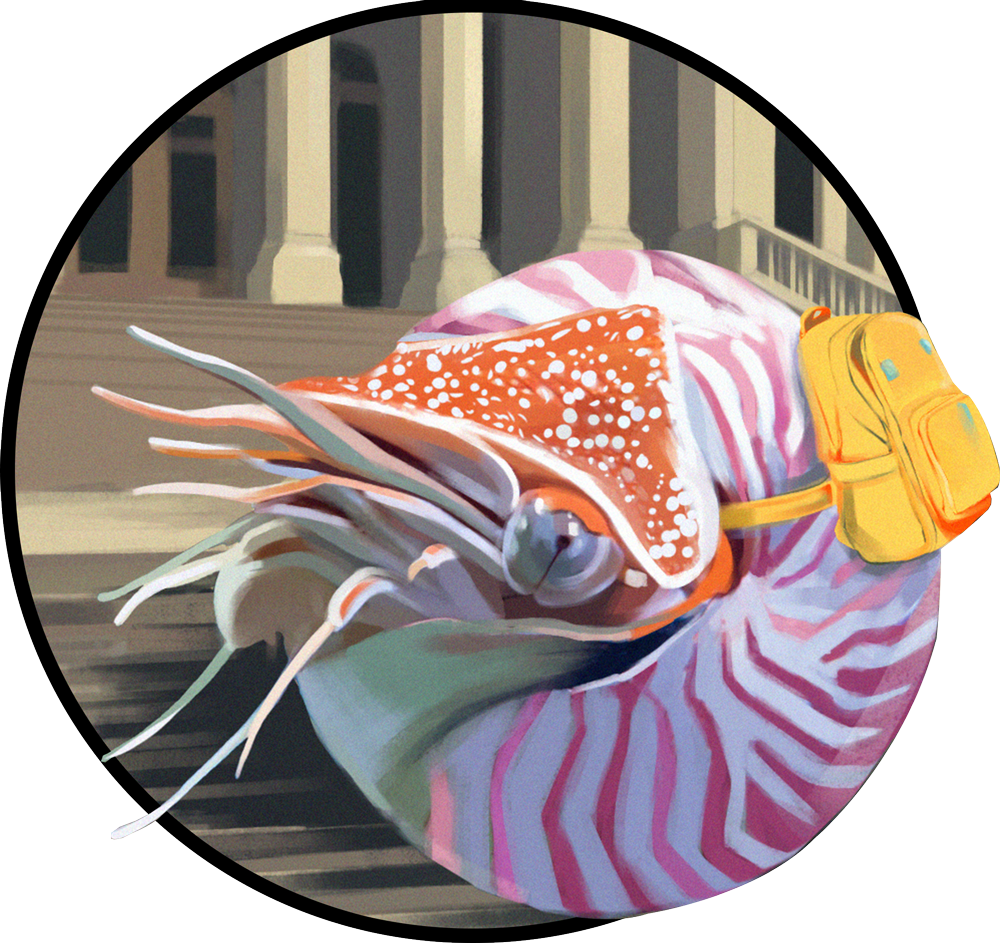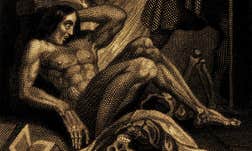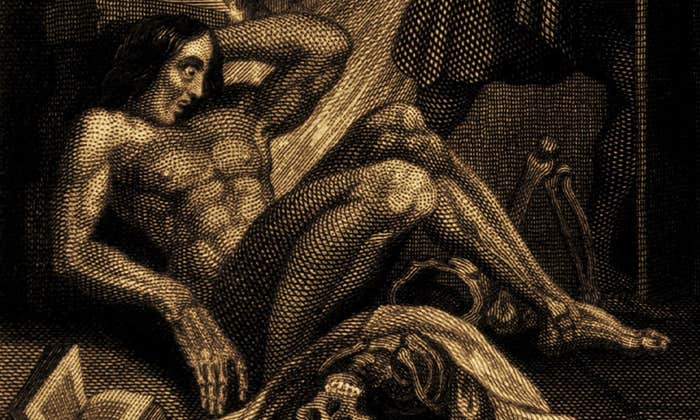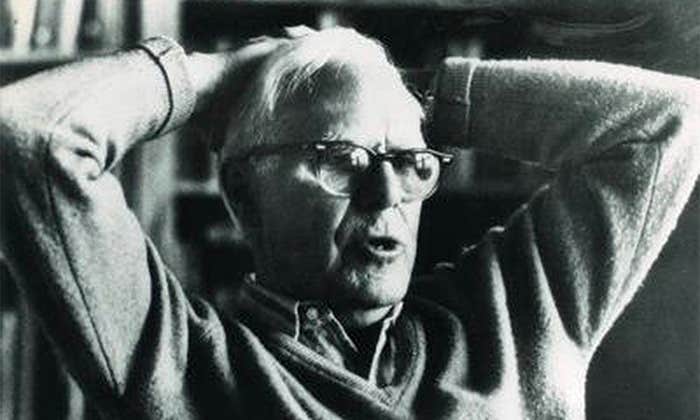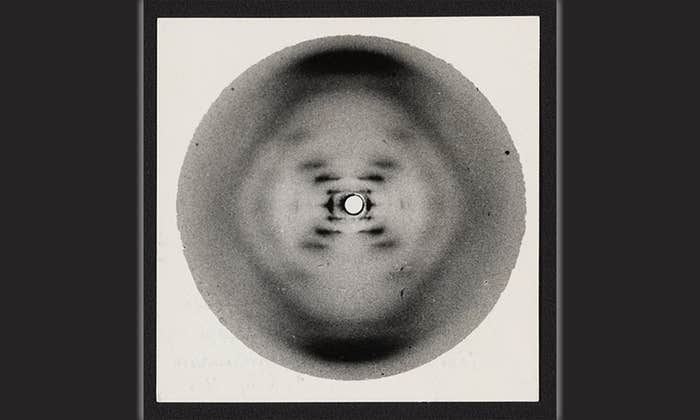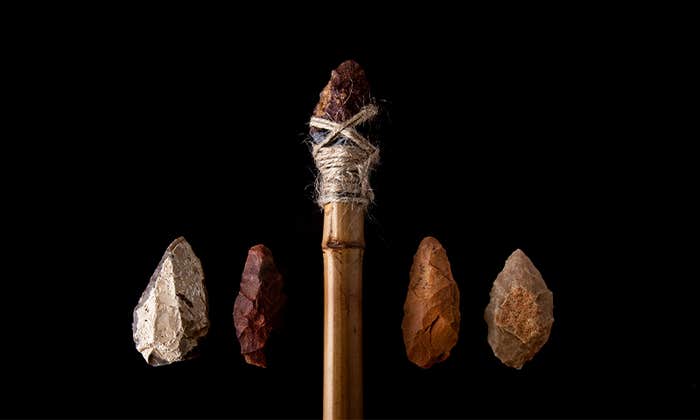When I first posted on social media about my new book, Father Figure: How to Be a Feminist Dad, some of my friends were confused. One commented, “I don’t understand; do you hate men?” Another said, “I feel bad for your sons.”
It turns out that many people—even some in my progressive, liberal bubble—resist the idea of men becoming feminist dads because they think feminism is inherently “emasculating.” They mistakenly imagine that the move toward gender equality requires a devaluation of manhood. According to the Pew Research Center, 28 percent of men and 17 percent of women in the United States think that “women’s gains have come at the expense of men.”1
Men are socialized to put down other men by attacking their manhood.
This flawed critique of feminism is often expressed through crude castration imagery. For example, in her book, How to Raise a Feminist Son, Sonora Jha describes the kind of responses her work tends to elicit from men on Twitter: “Raise a feminist son? Why didn’t you just cut his dick off at birth?” Jha responded, “Make no mistake, he would need his dick to ‘fuck like a feminist.’”
I’ve received similar “trolling” responses. In February 2021, I wrote an article for Nautilus making the case that fathers need to drop the cultural signifiers which inaccurately suggest that gendered identity traits are determined by biological anatomy. Neither masculine nor fatherhood identity are dependent on the penis. Predictably, a flood of angry, sexist comments was posted in response. The moderators deleted the inappropriate ones quickly, but I’m guessing you can imagine what they said. We’re all familiar with the conventional slurs of performative masculinity: pussy, wimp, wuss, faggot.
Men are socialized to put down other men by attacking their manhood. We learn it early, in the locker room, on the playground, and sometimes from our fathers. Nothing is worse—nothing more “emasculating”—than suggesting that a man is like a woman. And from the binary, misogynistic standpoint of patriarchal masculinity, a woman is defined not on her own terms, but rather by her lack of a phallus. Therefore, the competitive rhetoric of male comradery depends on maintaining an oversimplified, binary view of reproductive anatomy and reinforcing guys’ fear of castration.
Consider the etymology of the word pussy. As bestselling author Regena Thomashauer writes, “There is no quicker way to snip a man’s balls than to call him one.” She knows what she’s talking about. Pussy is not only slang for female reproductive anatomy, but it also references the archetypal castration motif: vagina dentata. The image of a treacherous vulva encircled with sharp teeth seems to be universal. Some traditions have myths imagining that a threatening serpent hides inside the vagina. Sometimes, it’s a crab or piranha. In almost all cases, vagina dentata is associated with the idea that something dangerous and emasculating lurks within something alluring. The term pussy is related because cats are soft and warm, but they also have retractable razor-sharp claws and predator’s teeth.
Wimp was a slang term from the early 20th century. It literally means “girl.” It was once used in casual speech, in the same sense as “dame” or “fox” or “femme.” The Oxford English Dictionary says it’s an abbreviated corruption of “woman.” Other sources connect it with “whimper.” No matter what, it means “weak female.”
Wuss is a blend of pussy and wimp. And while most people know that faggot literally means a bundle of sticks, few are aware that before it became a derogatory term for gay folks, it was used to describe women, especially those considered sloppy or disobedient (slut has a similar legacy). Faggot became an insult in medieval times either because a bundle of brushwood is what was used to burn witches, or because twigs are limp. In either case, the word implies impotence, insignificance, devaluation, and femininity; it’s a way of saying that someone is “not man enough” to warrant the privileges of patriarchal masculinity.
It’s not only men who use these slurs. The rules of industrial-age patriarchy are constructed in such a way that we all find ourselves making phallic judgements once in a while. Author Emily Willingham has written about the problematic notion of “big dick energy.” She points out how often progressive thinkers reinforce the fallacies of binary gender essentialism and the conventions of toxic masculinity by suggesting that conservative aggressive posturing—big guns, fast cars, skyscrapers branded with a hotelier’s surname—represents compensation for a small penis. “We need to look to the whole person, not the pelvic region, and use what we have north of that area to dismantle these moldy conceptualizations of masculinity,” Willingham writes. “Penis size doesn’t matter, and it’s not the measure of the man.”
The connection between male genitalia, the fear of losing it, and the social status it bestows has a long and rich history. Patriarchs and father figures were once so threatened by the prospect of male competition that they castrated other men to mitigate the possibility of rebellion. These were not psychological or symbolic castrations, like the ones associated with Freud’s Oedipus complex. No, these were real cuts, amputations and surgical severances, done in the days before anesthesia. I know it’s tempting to jump to the prejudiced conclusion that it was just the savage, exotic “others” who engaged in this barbaric practice. But it’s not true.
There’s evidence that intentionally neutered males have played a part in just about every culture, all over the world, at some point in history. But it’s rarely been done for the “emasculating” reasons modern people might expect. The symbolism of castration varies, suggesting that our inclination to equate the penis or the testes with supposedly “masculine” characteristics says more about our current collective gender prejudices than it does about essential manhood. Sure, I know that many authors and researchers use poor archetypal analysis, speculative evolutionary psychology, or faulty endocrinology to argue that the link between the male genitalia and toxic masculinity is innate and elemental, but it’s not true. Origin stories—whether mythological or scientific—are always constructed and framed to make the cultural conventions of the present seem immutable and unassailable.
Many of these eunuchs rose to very high ranks. They became spies, soldiers, secret police, tax collectors, and explorers.
When it comes to the emboldening power of the male reproductive anatomy and the enervate symbolism of orchiectomy (the surgical term for removal of testicles), cultural perceptions have been historically varied. Forced castration was sometimes used as punishment, but in most cases, being a eunuch was desirable. Why? Because it was a prerequisite to working as a servant for a king or an emperor.2 For example, you may have heard that eunuchs once guarded the royal harems of Ottoman sultans. The story goes: A man without testicles wouldn’t be interested in having sexual relations with his master’s courtesans. He was neutered to protect the women! But that’s not the truth. It’s just revisionist history—a sexist fairy tale designed to reinforce the idea that men’s ferocious, indiscriminate, and sometimes violent sexual behaviors should be accepted.
Like the “blue-balls” myth that we still teach our teenage sons, the harem fallacy suggests that modern rape-culture is an innate part of the human condition. We’re supposed to believe that sexual aggression is a natural side-effect of being born with male reproductive anatomy. Insatiable horniness is linked to a biological need to ejaculate; it’s an incontrovertible fact of maleness. The implication is that men shouldn’t be held accountable for their actions. Sexual misconduct is not the result of their unethical or immoral choices, but rather, involuntary, instinctual urges, which can only ever be eliminated by mutilating the male body. This is fiction, an origin story invented to validate and maintain the patriarchal misogyny—and transphobia—of our current era.
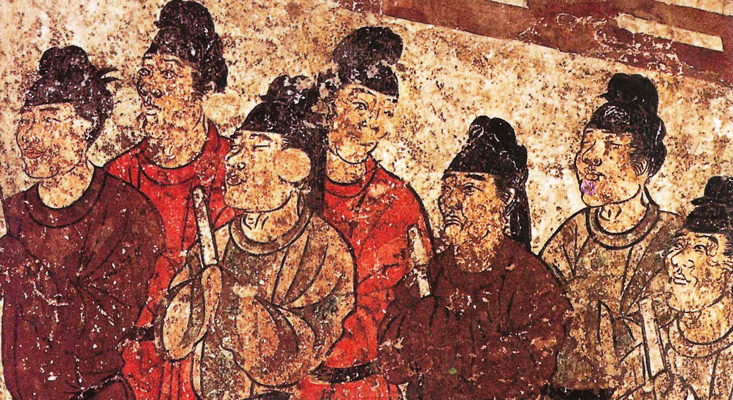
Ancient folks didn’t necessarily believe that the libido was located in the testes. Consider the etymology of the word eunuch. It has nothing to do with castration. It literally describes a bed servant, combining the ancient Greek εὐνή (bed) with the verb ἔχειν (to keep). But these early bed servants did a lot more than just keep pillows fluffy and linens clean. In fact, ancient Greeks and Romans believed that elite women came up with the idea of removing their servants’ testicles. That’s because eunuchs were highly prized sex slaves—the women thought of them like human dildos that posed no risk of pregnancy.3
Think of Mardian, the high-voiced, singing eunuch in Shakespeare’s Antony and Cleopatra. He speaks to the queen in hilarious double-entendres, “What’s your highness’s pleasure?” Shakespeare presents Mardian as a caricature of both the classical Egyptian eunuch-slaves and 17th-century European “castrati” opera singers, who were neutered before puberty to maintain their soprano, mezzo-soprano, or contralto vocal ranges. Members of both these gelded groups were said to have ferocious libidos and exceptional copulative skill, making them highly desired sex partners.
Do our sex-symbol rock stars draw from the same archetype? Perhaps. Think of Mick Jagger’s prancing and Prince’s exposed ass cheeks. Eunuchs and castrati were similarly flamboyant and gender ambiguous. Most were bisexual, equally adept at pleasing both men and women. And yes—I know you’re wondering—they could orgasm. Spermatozoa is the only constituent part of semen that’s produced in the testes; it accounts for only about 1 to 5 percent of the total fluid. The remainder comes from the seminal vesicles and prostate. The point is: Eunuchs were stationed in the harem, or in a lady’s court, not to maintain women’s sexual purity or fidelity, but rather to be clear about a child’s patrilineage. Remember, political status and property rights were both established by birthright. In a world without DNA fingerprinting, eunuch-gigolos provided a clear way for sex-positive cougars to be regularly satisfied and simultaneously certain that their offspring deserved aristocratic privileges.
During the Ming Dynasty (1368-1644 A.D.), the emperor at one point employed over 100,000 eunuchs, and not just as sex slaves. They were considered perfect candidates to be loyal servants and bureaucrats. Some even achieved authority in prestigious court positions that would have been out of reach even for most aristocrats. It was presumed that, because he could never start a dynasty of his own, a eunuch would not be tempted to seize power. He couldn’t ever pass political status or wealth to his sons. Because he couldn’t become a father, the emperor trusted him with the palace’s treasures and secrets.4 Many of these bachelors rose to very high ranks. They became spies, soldiers, secret police, tax collectors, and explorers.
It becomes clear that it’s time to sever the psychological link between agency, dignity, paternity, and male genitalia.
Interestingly, the Ming Dynasty eunuchs were often described as being fat, greedy, ostentatious, unhinged, and hedonistic.3 Similar characterizations were used to describe Italy’s castrati. This again suggests that castration was not historically associated with losing the qualities moderns might equate with “masculine energy.” Nobody at the time believed that a eunuch’s potency, vigor, or status had been vasectomized. If eunuchs were marginalized at all, it seems to have been through a depiction of hypersexual monstrosity.
Clearly, most of our ideas about the relationship between biologically motivated sexual promiscuity and the current cultural understanding of aggressive masculinity draw their inspiration from a prejudiced reading of mythological artifacts and a scientifically incompetent process of evolutionary speculation. In truth, the economics of paternity and fatherhood, rather than testosterone-fueled masculine domination, threatened history’s emperors. That’s not surprising—the relationship between fathers and sons often hinges on ideas about inheritance. The most famous example is probably from the Bible. I offer it here, not as theological proof of moral ideology, but rather as an historic literary artifact.
The book of Genesis describes Jacob tricking Esau out of his bekorah. That’s the Hebrew word that refers to the ancient Semitic privileges of primogeniture. In addition to basic property rights, the bekorah conferred not only double inheritance, but also spiritual and judicial authority. More importantly, Esau’s bekorah came with Isaac’s blessing, which meant Jacob was now heir to the sacred covenant—sealed through ritual circumcision (!)—that God originally made with Abraham. “I will make of you a great nation, and I will bless you; I will make your name great, and you shall be a blessing.” Here and always, the notion of inheritance is connected to legacy, the idea that a son preserves Dad’s lasting impact on the world. Like τιμή and κλέος (honor and glory) in Homer’s Iliad, legacy is used as a literary concept signifying the mythological immortality of heroes and kings.
Even today, many people continue the tradition by naming first-born sons after their fathers: John F. Kennedy Jr., Harry Connick Jr., Donald Trump, Jr., Cuba Gooding, Jr. In the same spirit, we also have colloquial expressions, “like father, like son.” And it’s often assumed that a son will take over the family business. Of course, in a capitalist economy, it no longer needs to be the first born. Still, the fiscal and psychological trappings of aristocratic patrilineage remain the same. Despite a commitment to meritocracy, nepotism remains rampant and estate law protects one’s right to claim inheritance. In modern times, monarchs and lords have become paternal industrialists and wealthy benefactors—like Sir Oliver “Daddy” Warbucks from Little Orphan Annie—but the phallic hierarchy remains intact.
Think about what happened after World War II, when the G.I. Bill helped the white American middle class grow. Home ownership was how a man would now establish himself as a stable and self-sufficient father-figure. The ability to be the master of your own patriarchal “birthright” compound was within everybody’s grasp. Well, not exactly everyone: Redlining and other intentional impediments were created to systematically make it difficult for non-white communities to participate in the national pissing contest for wealth, status, and autonomy.
On the surface, this institutionalized discrimination was about maintaining socio-economic inequality. But look a little deeper and you see a symbolic castration, the blatant elimination of non-white patrilineal property rights. Combine that with the inaccurate representation of black fathers as largely absent from their children’s lives—they may be more involved than any other group of dads—and it becomes clear that it’s time to sever the psychological link between agency, dignity, paternity, and male genitalia.
Our modern castration imagery may be more abstract, but it’s no less barbaric or irrational than any of these outdated examples. For today’s boys, the phallic worship at the core of patriarchal masculinity often becomes explicit in the primary and middle school locker rooms. It is reinforced through the use of misogynistic and homophobic insults—the canonical mantras which accompany the competitive rituals of American male comradery. It echoes through headsets, providing the ambient soundtrack of online, multiplayer-gaming servers. Bro culture doubles down on this cis-hetero, binary view of sex and gender because acknowledging the facts—that it’s both a biological and sociocultural spectrum—would threaten the comfortable and familiar routines of performative masculinity. But ultimately what history tells us, is that patriarchy has nothing to do with the penis or the testes; it’s all about the patrilineal property rights, power, and the privileges of fatherhood.
So, this Father’s Day, let’s stop worrying about “emasculation,” take the cocksure arrogance out of our dad-personas, and “man up” to feminism.
Jordan Shapiro, Ph.D., is a senior fellow for the Joan Ganz Cooney Center at Sesame Workshop and Nonresident Fellow in the Center for Universal Education at the Brookings Institution. He teaches at Temple University, and wrote a column for Forbes on global education and digital play from 2012 to 2017. His new book, Father Figure: How to Be a Feminist Dad, was published by Little, Brown Spark in May 2021.
References
1. Barroso, A. Key takeaways on Americans’ views on gender equality a century after U.S. women gained the right to vote. Pew Research Center (2020).
2. Tougher, S. Eunuchs. In Malti-Douglas, F. (Ed.) Encyclopedia of Sex and Gender Gale eBooks, Farmington, MI (2007).
3. Stillwell, S. Eunuchs. In Engerman, S.L. (Ed.) A Historical Guide to World Slavery Oxford University Press, Oxford, U.K. (1998).
4. Anderson, M.A. Hidden Power: The Palace Eunuchs of Imperial China Prometheus, Buffalo, NY (1990).
Lead image: studiostoks / Shutterstock


















